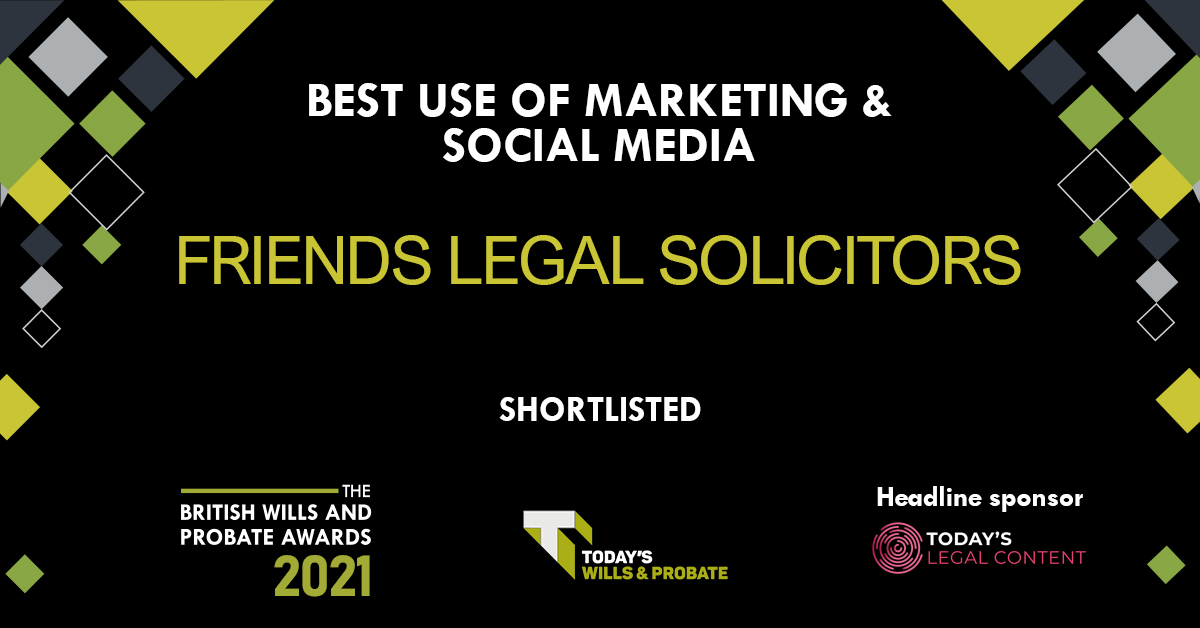A Trust is usually established by a Trust Deed. This document appoints the Trustees, sets out who the Beneficiaries are, and the Trust’s terms.
The Truster and all Trustees sign the Trust Deed. A Letter of Wishes can also be prepared- this acts as a guide to the nominated Trustees. However, it is not legally binding.
The Truster can then transfer the funds or property into the Trust. This will be held and administered by the Trustees for the Beneficiaries.
It is usually good practice to register the Trust Deed in the Books of Council and Session. This preserves the document and ensures that an Extract can be obtained if required in the future.
It will be necessary to consider your circumstances to determine the most appropriate type of Trust.
Types of Trusts
There are various types of Trusts, including:
- Bare Trusts;
- Discretionary Trusts;
- Liferent Trusts; and
- Personal Injury Trusts.
Bare Trust
A Bare Trust is where there are no Trust purposes except for the Trustees to hold the funds for the benefit of the Beneficiary. The funds held in a Bare Trust are usually taxed on inheritance as if the Beneficiary holds the funds and forms part of the Beneficiary’s estate when they die. So long as the Beneficiary is over 16 and has capacity, they can insist that the Trustees pay the Trust funds to them at any time.
Discretionary Trust
In a Discretionary Trust, the Trustees are given an element of discretion regarding the extent to which Beneficiaries will benefit. For example, the Truster can name a “class” of beneficiaries (such as “my children”) but allow the Trustees the ability to select which members of that class shall inherit, how much they receive, and when they receive it.
Liferent Trusts
This is commonly used in relation to the property. It provides someone with the right to occupy the property for a period of time – typically until that individual dies or formally gives up the occupancy. This person is known as the “liferenter”. The liferenter does not own the property- they just have the right to occupy it. The Beneficiary will be the person who owns the property when the liferent ends. For example, a Liferent Trust could be set up allowing a spouse to continue to reside in the property, and when this occupancy comes to an end, the children become the property owners.
This can be useful for couples concerned about mitigating potential care home costs in the future.
Personal Injury Trusts
A Personal Injury Trust is technically not a separate type of Trust. It is commonly a Bare or Discretionary Trust, but the Trust funds consist of only compensations funds from a personal injury claim. Only funds received from a personal injury claim can be placed in this Trust, as “mixing” funds can render it ineffective.
A Personal Injury Trust can be beneficial as the funds held within can be disregarded in assessing the Beneficiary’s entitlement to means-tested benefits or care contributions.
There is a “52-week disregard” for any compensation funds received from a personal injury claim. This means that any funds received by an individual during this 12 month period cannot be taken into account when assessing their entitlement to means-tested benefits. This period starts from the receipt of any funds at all, including interim payments. The Trust should be set up before the expiry of the 52 week disregard period. However, we recommend that it is set up as soon as possible.
The “52-week disregard” does not give the individual the chance to spend the money before the period expires. They are only entitled to the disregard if the Personal Injury Trust is set up. If they have spent the money in this period, they could still be assessed as having the capital, despite having spent it, and their means-tested benefits could still be impacted.
Contact Us
For more information about setting up a Trust, please contact our By Your Side team. We provide a wide variety of ways to contact the team and our opening hours span more than the usual 9-5 – so you can get in touch at a time and in a way that suits you.



